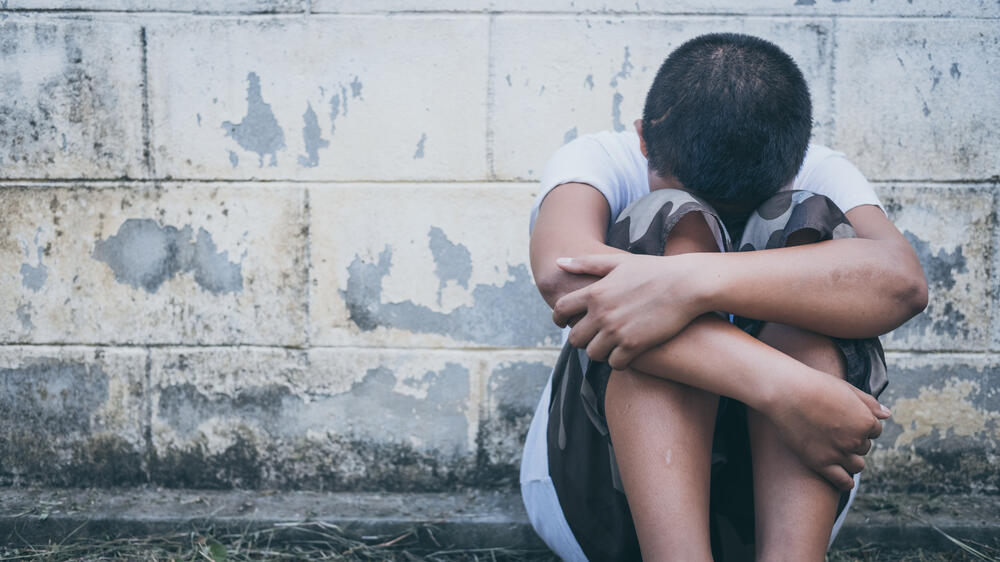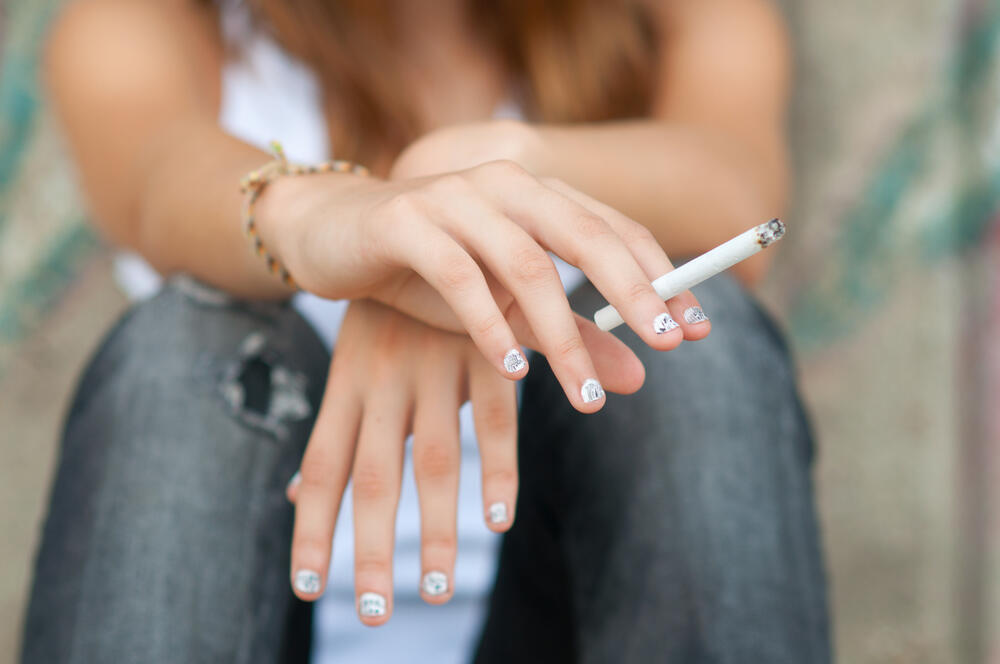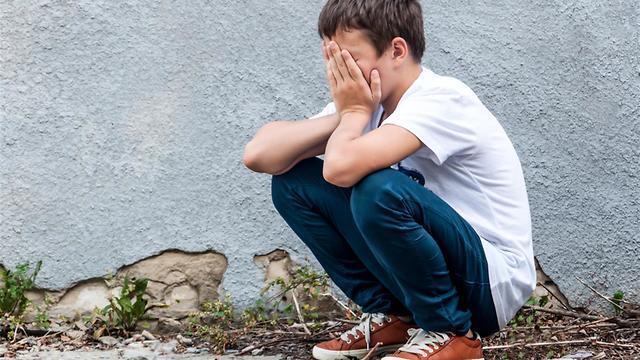Getting your Trinity Audio player ready...
As the question of whether to do away with compulsory isolation for Israeli students who come into contact with a confirmed coronavirus carrier continues to stir inflammatory public discourse, Dr. Livia Balan-Moshe — a child and adolescent psychiatrist at Sheba Medical Center in Tel Hashomer — published a Facebook post last week in which she warned about the heavy mental toll the coronavirus pandemic exacts on Israeli children.
"I've got to lay out what's on my heart following the discussions on ending or continuing isolation for children in schools," she wrote. "I'm a child and adolescent psychiatrist. Over the last year, and especially in recent months, I've been seeing all mental reserves depleting — in children and their parents alike. Teenagers who spend entire weeks on end at home, with nothing to do.
Their education frameworks are partial or non-existent. Not even Zoom. Nor self-learning. These children are disconnected from being students, from their friends. Connected to screens instead. Depressed, anxious and lonely. All those we help, fall apart. Parents don’t have the tools to help anymore either. They don't know how and for what purpose to lift their child from the abyss of inaction, hopelessness and despair.
Never in my life have I issued so many prescriptions for antidepressants as I have over the recent months. I cannot help any longer. All appointments for psychological treatment are entirely booked, and our helplessness is so great.
Mostly discouraging to see how teenagers who functioned properly, were mentally healthy, who, like the rest of us, coped on a daily basis with a slightly anxious temperament, a little shy, a little hyperactive, a little disconnected — became children with major psychopathology. And those who were already treated in the clinic, who have already shown great progress, fall apart once again.
Children and adolescents are not going to school anymore, or do intermittently. Children who never even considered skipping class, never imagined such a possibility, suddenly find themselves dropping out. And studies have shown a direct correlation between those who do not go to school and those who do not go to work later...
I'm writing this because there's no antigen test for depression, anxiety and disfunction and it can't be diagnosed in a laboratory. We can only treat those who come to our clinic. There are undoubtedly many others who don't turn for help at all or are unable to get it.
The price of these isolations is the mental health and future of an entire generation, and that's public health too, isn't it? And that, in my opinion, is important to be taken into account in decision making."
Speaking to Ynet in the wake of her post, Dr. Balan-Moshe said she prescribes antidepressants and anxiety pills for children as young as five years old.
"We prescribe medication for depression and anxiety for children who are in a relatively difficult clinical state, who have severe depression or severe anxiety that limit their functionality, or when waiting time for psychological treatment is too long and you can't push back treatment anymore. Treating depression and anxiety is usually psychological, but when the situation is too difficult, I prescribe medication," she said.
According to Balan-Moshe, the use of psychotropic drugs has increased among the entire Israeli population throughout 2021, with some studies suggesting that close to one in three Israelis were suffering from severe symptoms of anxiety at different points of the pandemic.
"If we look specifically at teenagers, we see that this group direly needs its social group," Balan-Moshe said. "This is a time when they form their self- and social identity and develop social skills and they simply did not have all that during COVID. We're two years into a crisis in which children and adolescents are not getting the basic conditions they need to develop — a routine, getting up in the morning and getting dressed, meeting up with their friends, after-school activities. All that ended abruptly and now they have nothing to relate to."
The psychiatrist says that the downsides of drug-based treatment, even in children as young as her patients, are still not as problematic as the psychological damages caused to youths by lingering depression and anxiety.




